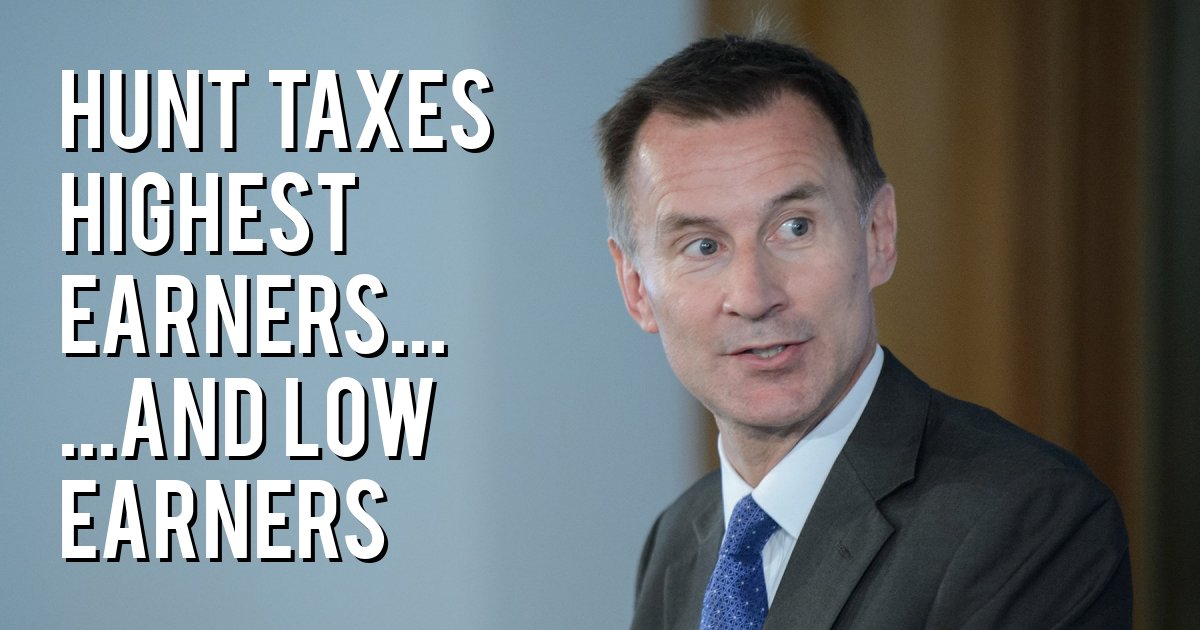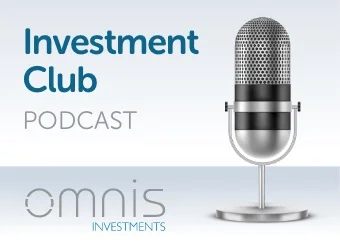Autumn Statement 2022 - Are you a high earner?
Thursday 17 November, 2022
The main take away from Chancellor Jeremy Hunt’s Autumn Statement was that all workers should expect to pay more tax, if not now, in the future. Why?
Income tax thresholds change for the highest earners
Hunt has increased the number of earners that will pay the highest rate of income tax by reducing the threshold at which you start paying from £150,000 to £125,140. This certainly hits home as a headline, but, going slightly under the radar is the freeze on the personal allowance threshold, extended for a further two years to 2028. This will mean that millions will inevitably pay more tax in the coming years as wages increase due to inflationary pressures. The Office for Budget Responsibility estimates that the tax threshold freeze will see an additional 3.2 million new tax payers and around 2.6 million will also expect to pay the highest rate by 2027-28.
Changes to income tax thresholds
- Personal Allowance – first £12,570 earned = 0% tax – Frozen until 2028
- Basic tax rate – £12,571–£50,270 = 20% tax – Frozen until 2028
- Higher tax rate – £50,271–£150,000 = 40% tax – Changed to £50,271–£125,140
- Highest tax rate – over £150,000 = 45% tax – Changed to over £125,140
On inflation, Hunt said "high inflation is the enemy" it leads to higher prices, "higher mortgage rates and businesses failings... and causes industrial unrest and erodes savings". He also said that inflation hurts the poorest the most.
Pay more for your energy with reduced government help
- The household energy price cap has been extended beyond April 2022 but will be less generous, with a typical bill capped at £3,000 a year in 2023 instead of £2,500.
- Households on benefits will receive £900 support payments in 2023.
- Pensioners will receive £300 per household and those on disability benefit £150.
Energy firms start to pay their way
Hunt has increased the windfall tax on the profits of oil and gas firms from 25% to 35% and this has been extended to March 2028. Going one step further, he has introduced a new and ‘temporary’ 45% windfall tax on the profits of companies that generate electricity, this will apply from January 2023.
Pension rise in April 2023
“Maintaining the triple lock” the chancellor confirmed that the new state pension would increase by 10.1% to match inflation. This means a rise from £185.15 a week to £203.85. And for those who reached state pension age before April 2016, £141.85 a week will go up to £156.20.
Minimum wage
The minimum wage for those aged 23 and above will increase from £9.50 per hour to £10.42 in April 2023. This, although seen as an essential increase given inflation pressures, will also push more workers above the personal allowance threshold to start paying tax.
Stamp duty deadline introduced
One of the last remaining mini-budget announcements Kwasi Kwarteng made in September and one that, at the time was said to be permanent, has been given a new deadline, as the cuts introduced will be reversed at the end of March 2025. This is important for home movers and especially, first time buyers seeking a new mortgage. In fact, it will be very important for new buyers to seek mortgage advice from a specialist mortgage broker prior to this deadline.
Time to start taxing EVs
With the increase in electric vehicles on the streets, the government has seen a reduction in tax duties received, therefore we can expect to see EVs taxed from April 2025. There will likely be a shakeup of banding thresholds to accommodate EVs, hybrids, petrol and diesel vehicles.
Cuts to capital gains tax and dividend income
The Chancellor also announced that anyone who makes a profit on investments outside of an ISA or sells a second home may pay more tax in future as the capital gains tax allowance is being reduced to a quarter of its current value. The capital gains exemption will reduce from the current £12,300 to £6,000 from April 2023 and £3,000 from April 2024. The Chancellor has also cut the amount you can earn from dividends without paying tax to a quarter of the current level.
Speak to your financial adviser and mortgage broker
Thomas Oliver financial adviser and mortgage broker in Exeter and Laindon, Tracy Dove, said:
“The new budget will likely leave many high earners, especially those that have moved to the highest tax band, worried about their financial position and investments as the Chancellor has outlined cuts to capital gains tax and dividend income. We recommend that if you are wanting to save tax efficiently you call us for financial advice. It is important to seek financial advice to ensure that individuals can hold on to their income to continue to invest for their future. If you are worried about paying more tax, speak to a financial adviser. Thomas Oliver are here to proved timely financial advice for your financial circumstances.”
On Stamp Duty and Mortgages, Tracy continued:
“It is important to speak to a mortgage adviser at the earliest opportunity if your mortgage is likely to come to the end of your current deal within the next six months. Additionally, if you are looking to jump on to the property ladder in the near to medium future, as a first time buyer, you should consider taking advantage of the recent Stamp Duty threshold increase before it switches back to the old lower threshold in Spring 2025.






